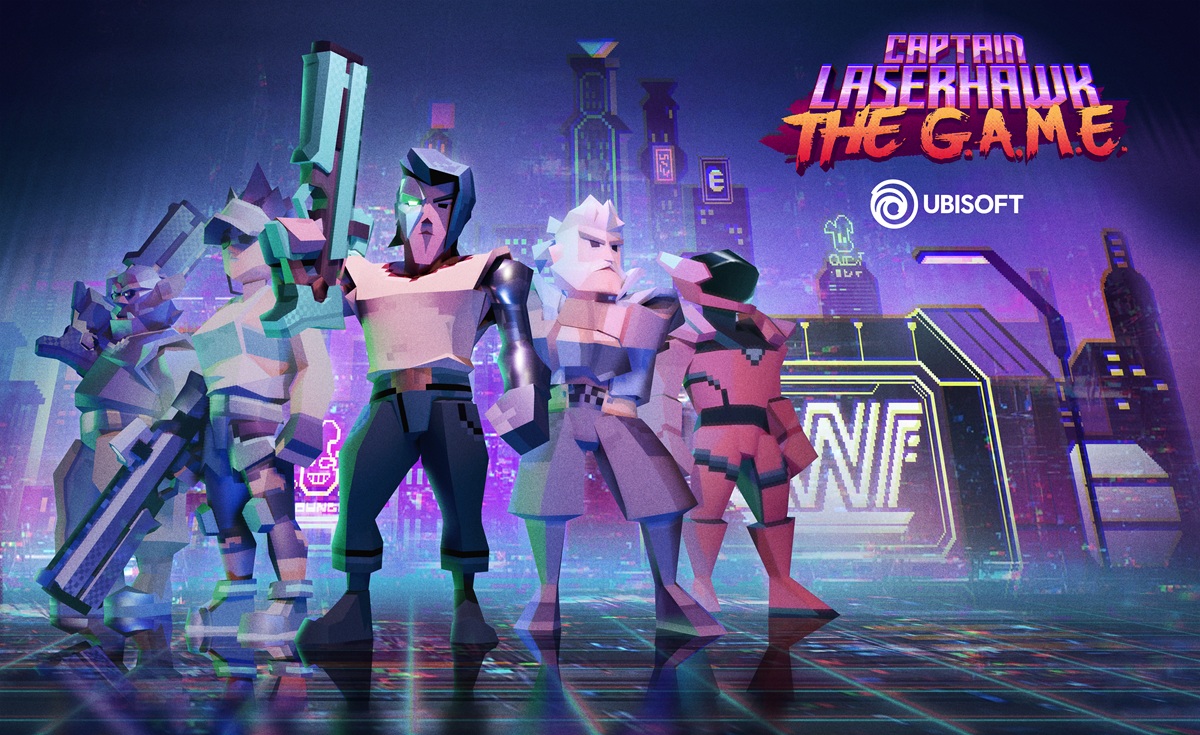Ubisoft and LibertAI are doing something very unusual for the Web3 game Captain Laserhawk: the G.A.M.E. Today, they’re unveiling AI agents who can vote in Web3 governance matters for the game’s future evolution.
It’s an unusual twist, as Web3 governance enables ordinary players who buy blockchain tokens to get a chance to determine the future direction of the game. But in this case, those players would surrender some of their voting power to AI agents to lighten some of the onboarding burden for the Captain Laserhawk game.

Unlock premium content and VIP community perks with GB M A X!
Join now to enjoy our free and premium membership perks.
![]()

![]()